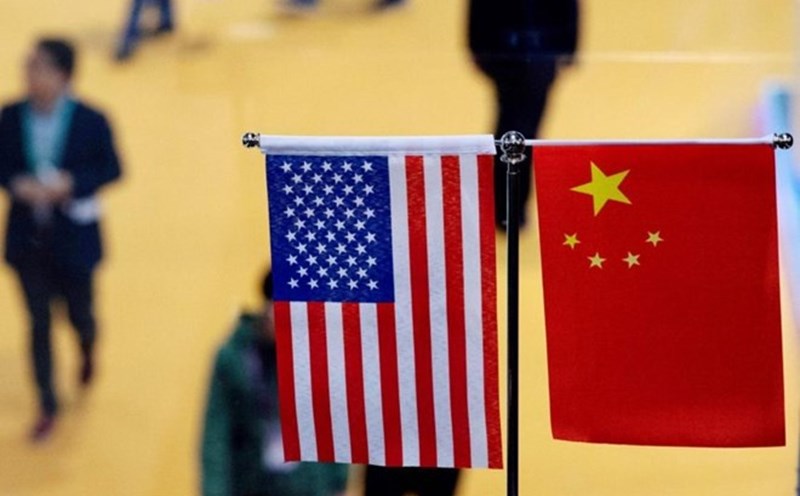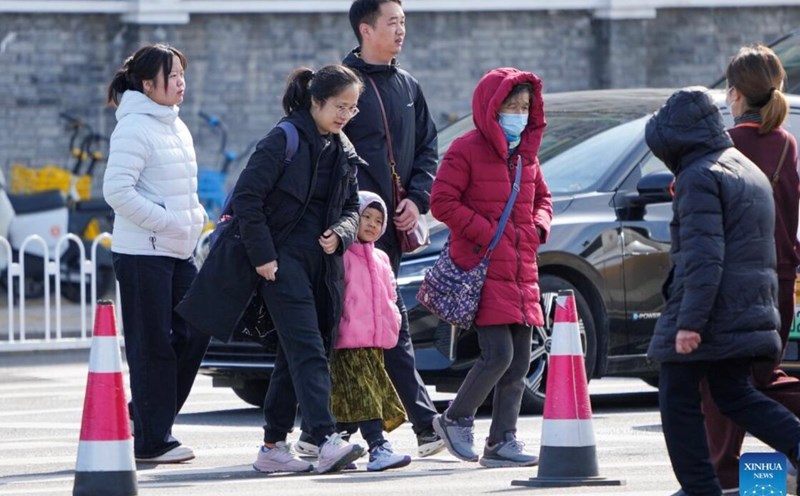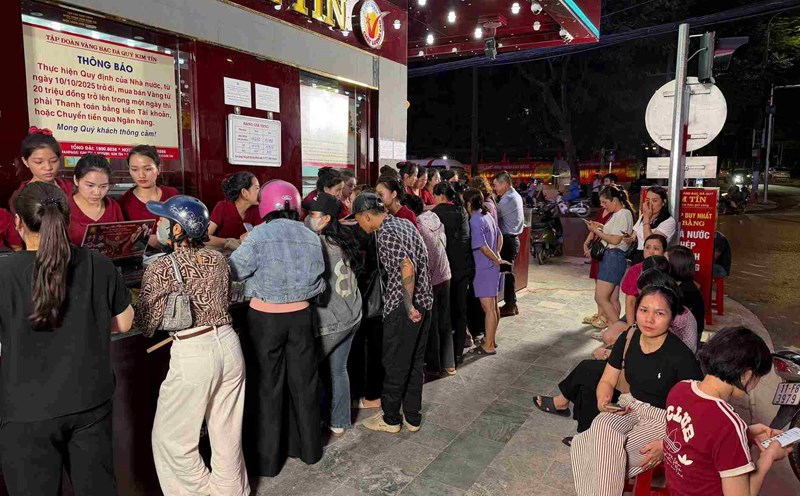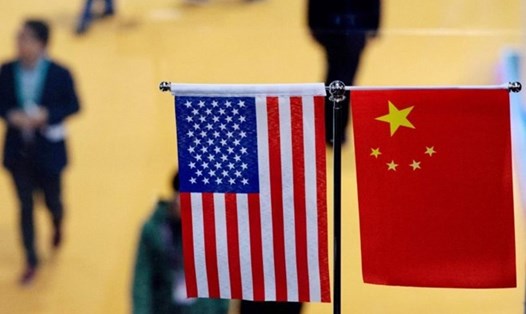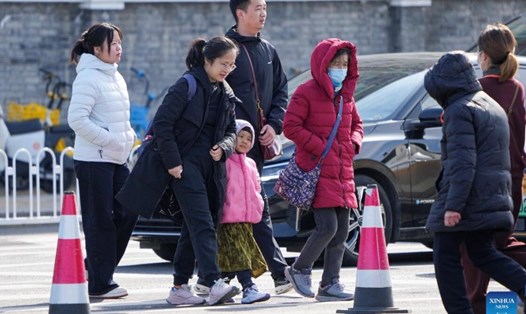China's largest airlines are rolling out free Wi-Fi on more and more domestic flights, in an effort to attract more passengers, especially businessmen who increasingly favor high-speed trains, according to SCMP.
China Eastern Airlines has just announced the provision of free "basic" Wi-fi services on all wide-body aircraft serving domestic routes. The airline said the Wi-Fi network is applied on 37 routes connecting major cities such as Beijing, Shanghai, Chengdu, Kunming and Wuhan. The airline's two main competitors, Air China and China Southern Airlines, have also provided similar services, but only on a smaller scale.
A representative of China Eastern said that the free Wi-Fi testing since August has received positive feedback. After working at home, many passengers have now switched to working in the air, he said. The airline expects that if the implementation process goes smoothly, the service will be expanded to narrow-body aircraft.
This strategy is considered a step to deal with fierce competition from the high-speed railway system, which is attracting a large number of business customers thanks to its convenience and stable speed.
On busy routes such as Beijing - Shanghai, many people have switched to taking a train, causing the China Air Transport Association to warn that the air travel market is not " leading to erosion".
In the first half of the year, Air China, China Eastern and China Southern all reported losses, which are believed to be due to fierce competition, supply exceeding demand and the impact of the development of bullet trains.
Mr. Peng Peng, Chairman of the Quang Dong Provincial Reform Association, commented that the lack of Wi-Fi on airplanes for a long time is a "big weakness" compared to high-speed trains - where passengers have been provided with Wi-Fi for the past 9 years and can access 5G in most areas.
According to Mr. Peng, passengers who need to connect continuously, such as financial investors, business leaders or people who regularly meet online, tend to choose high-speed trains.
Meanwhile, many foreigners living in China, such as Max Modesti - an Italian restaurant owner in Shanghai - see high-speed trains as more efficient and less stressful, while Jerry Li, an investment fund manager, chose to fly because night flights still operate when trains have stopped running.
Although he affirmed that he did not consider high-speed trains as direct competitors, the China Eastern representative admitted that the relationship between the two vehicles is both competitive and cooperative.
Many passengers still combine both, take the train to the airport and then fly to the final destination. With the implementation of free Wi-Fi networks, Chinese airlines hope to attract back-watching groups of tourists and rebalance the race with bullet trains.

